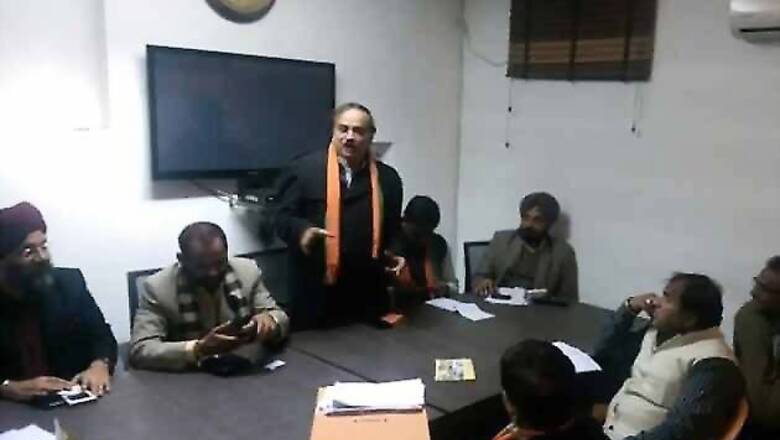
views
New Delhi: Perhaps, Delhi is the only state where election campaigning happens in all 15 major Indian languages including English. Other minor languages and dialects are also freely used to woo the voters from all over India. Post Independence Delhi is a city of migrants. The first wave of migrants came to Delhi from West Punjab (now in Pakistan) after the partition. In later years, lot of people from Kerala, Tamil Nadu, Andhra Pradesh, Karnataka, Telangana, Maharashtra, Orissa, West Bengal and north eastern states also came to Delhi seeking government employment or private jobs.
The liberalization of the 1990s opened up floodgates of opportunities for everybody in the national capital. It led to a large scale migration of educated people to Delhi seeking better paid jobs and better employment and business prospects.
During every election, all political parties try to woo these people by using their local community leaders to campaign for their respective candidates. Many south Indian political leaders land in Delhi during every election to canvass for their respective parties. This time too, the Congress has been using Kerala chief minister Ommen Chandy, its Tamil Nadu leader and film actress Kusboo to woo Malayalee and Tamilian voters respectively. The BJP is using Union minister Ananthkumar and its MP Shobha Karandlaje to woo Kannadiga voters. It has roped in leaders like Bandaru Dattathreya and Venkaiah Naidu to woo Telugu voters.
The AAP is also using local Tamil, Telugu, Malayalee and Kannada community leaders to woo the voters. The campaigning is taking place in Kannada, Telugu, Tamil and Malayalam in addition to Hindi and English in South Indian dominated areas.
According to an estimate there are nearly 30 lakh South Indians living in Delhi. Both the Keralites and Tamilians have almost 10 lakh population each. The Telugu speakers are also close to 8-9 lakh. The Kannadiga population in Delhi is less than one lakh. Some say Kanndigas total population in Delhi even lesser.
An estimate says that there are a little over 20 lakh south Indian voters living across 70 assembly seats. Most of the South Indian population is concentrated in areas like Mayur Vihar (all three phases), Dilshad Garden, R K Puram, Mehrauli, Rohini, Kalkaji and some pockets of Dwarka, Uttam Nagar and Vikaspuri.
According to a PTI report, while BJP has no plans of overtly wooing the South Indian voters in the capital, it has decided to hold public meetings of leaders like M Venkaiah Naidu, Leader of the Opposition in Lok Sabha Sushma Swaraj and others to reach out to this section. Sushma Swaraj who took on the Congress president Sonia Gandhi from Bellary in Karnataka in 1999 speaks a smattering of Kannada.
The BJP faces a handicap of not having many tall leaders in the South as it hardly has a presence in the region, except Karnataka. Since there are not many Kannadigas in Delhi, it cannot gain much by fielding leaders from Karnataka.
Even though the South Indian voters can make or break the prospects of many candidates in Delhi assembly election, Unlike Mumbai there are hardly any local politicians of south Indian roots in Delhi. Dr. Subramanian Swamy is a top Tamil leader in the national capital. Since he was born and brought up in Delhi, he is more of a local Delhi leader than a south Indian leader. In the 1980 Lok Sabha election, C M Stephen, a Congress leader from Kerala lost to the BJP stalwart A B Vajpayee from New Delhi seat.
Explaining the reasons for the lack of south Indian political leaders in Delhi, a Congress leader said "Delhi is predominantly a Punjabi city. In the last 30 years, the UP and Bihar people have also taken over Delhi. South Indians in Delhi are mostly working class people and a few are into business. Moreover they are also divided into Malayalees and Tamils, Kannadigas and Telugus. They are also scattered all over 70 assembly seats. Because of that there is not a single seat, where they are in a majority. They can change the political equation, but they can't elect a person on their own".
In the previous Assembly election in 2013, Tamil actor Vijaykanth led the DMDK had fielded over a dozen candidates. None of them got more than a thousand votes.
As the voting day nears, the political activity among the south Indians also picks up. However, they don't vote as a block. Each person has his or her own preference. Once the election is over, the community withdraws from the city state's politics to make its presence felt only in the next election.













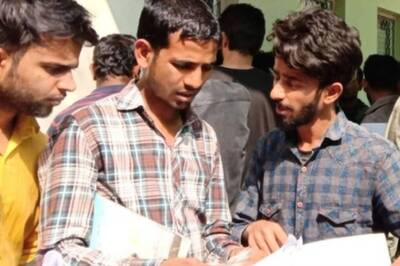

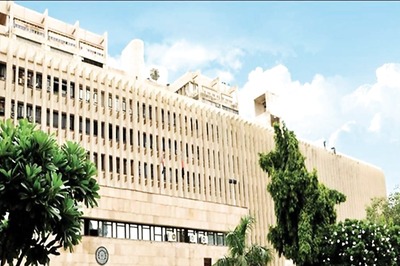
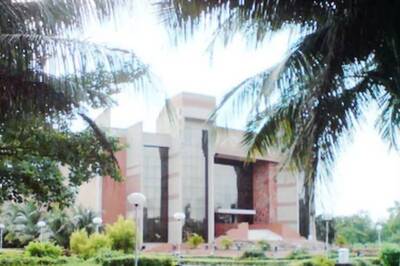
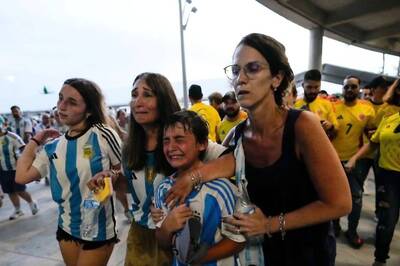
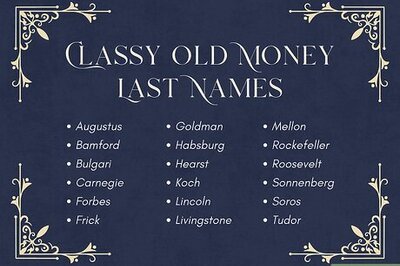
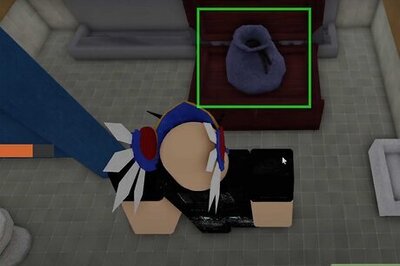
Comments
0 comment